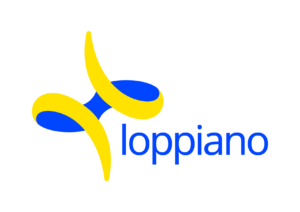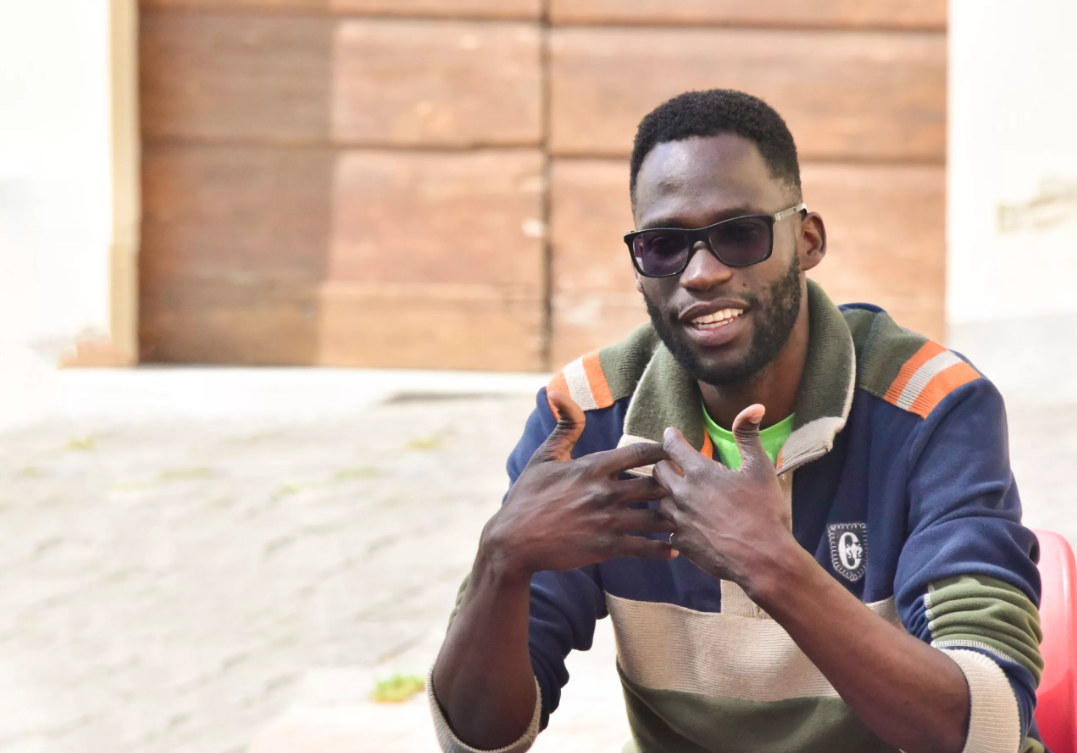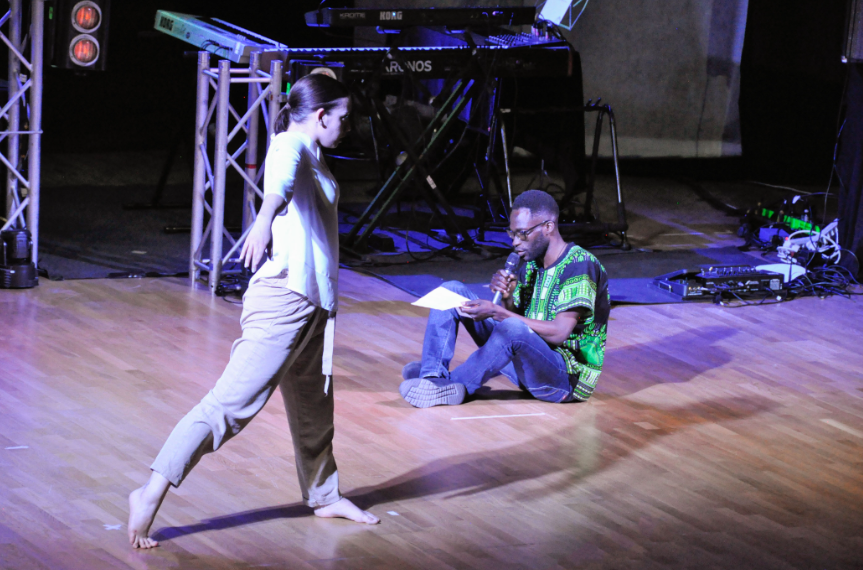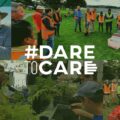
Workshop
Castro, the economy, the sanctity and the value of forgiveness
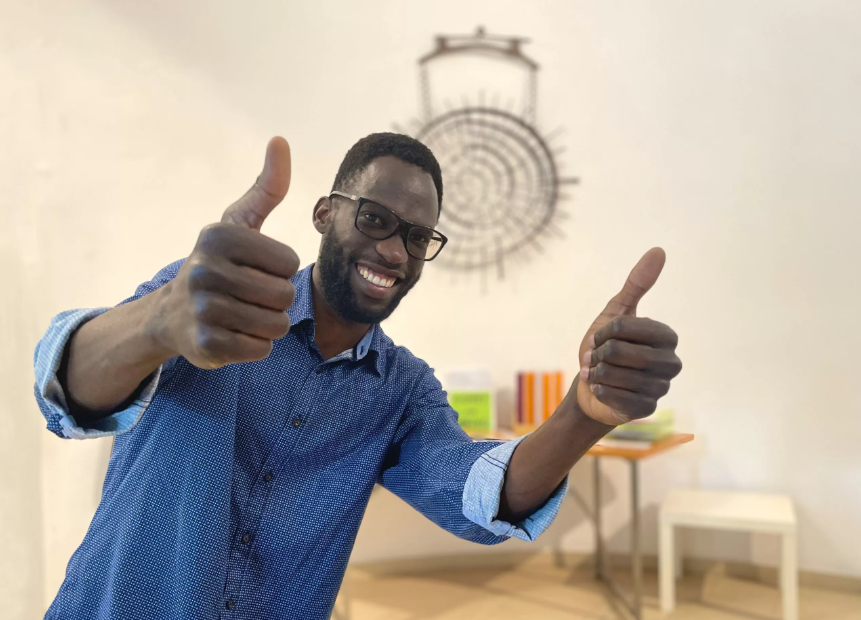
Castro Chacussanga’s journey of self discovery, through pain and forgiveness. A journey narrated during the opening event of the United World Week in the citadel of Loppiano.
“I would like to tell you about a story of a boy born in Angola in 1993, in a war context. His country had held the elections for the first time and there were some who did not accept the results of the election, saying that it wasn’t free, fair and transparent. So, Castro Chacussanga began this story on the 1st of May, on Loppiano’s auditorium stage, during the live that inaugurated the United World Week. “The war ends when this boy was 9 years old. At the of 15 years, his father is poisoned and dies at the age of only 45 years, as someone wanted his position as the head of the Ministry of Land Finance office”. As the story continues, the truth slowly emerges, and a wave of emotion envelops the audience watching the program: Castro is not an actor and the boy whom he’s talking about is himself. Seated on the floor of the stage, he continues the story of the tragic events his family was a victim of, following the death of his father: his mother who finds herself alone to take care of nine children; the persecution by the court and the trial necessary to defend their rights; the severe depression that grips the woman after winning the trial, which, however, guarantees a future for her children; her death only ten years ago; the difficulty in growing and studying, overcoming the obstacles of the bureaucracy and corruption.
Meeting him outside the Auditorium of the citadel, in the sunlight, Castro Chacussanga strikes for the confidence of his step and the serene sweetness of his smile. Nothing formal, worn for politeness, but something real and natural that springs from within. Maybe, originating from that choice of forgiving his family’s persecutors, made many years ago and which, he and his brothers, continue to renew every year: “In December, in the days close to the death of our parents before Christmas, we gather and together renew a pact of forgiveness. We ask that Jesus be reborn in our hearts and that these may be the best place for his birth”.
Today, he is 30 years old, he lives in Loppiano since a little more than a year, and is an economist. He attends the Focolarini formation school in the citadel.
“I was born in a Christian family that taught me to put God in the first place. And I’m sure that this choice has saved my life” he confides. And he adds: “I learnt about the spirituality of Chiara Lubich when I was about 15 years old. She would suggest we become a generation of saints. I felt that it was something I could live, but along with my friends with whom I shared this experience with”.
In Castro, the call to sanctity is related only with his vocation towards economics. “In my country of origin – he narrates – it is very common to find situations of suffering. And in front of these situations, each one of us feels the desire to do something. One of the reasons that made me choose to study economics was precisely this. I felt that this could be a medicine for the social problems that my country was living. Today I am an economist, but not of any economy, but of the “Economy of Francesco”. That is an economy that puts at the center man and in particular the poorest”.
In his journey of growth, he explains, there were moments of darkness as well as: “Of those that push you to think that everything “starts and ends in me”: in which an egocentric vision of the world prevailed, that made me become a slave of myself and lose peace. Or like the pandemic, during which, I found hope, the meaning of God and of my faith again”.
Despite all the difficulties, the sufferings and the hardships experienced, Castro narrates of having felt, at a certain moment, the desire to place his life in God’s hands. “And to the brothers and sisters that I meet every day in my life – he specifies -. Thus, the meaning of my name, ‘Chacussanga’, which means: God has found you”.
Source: